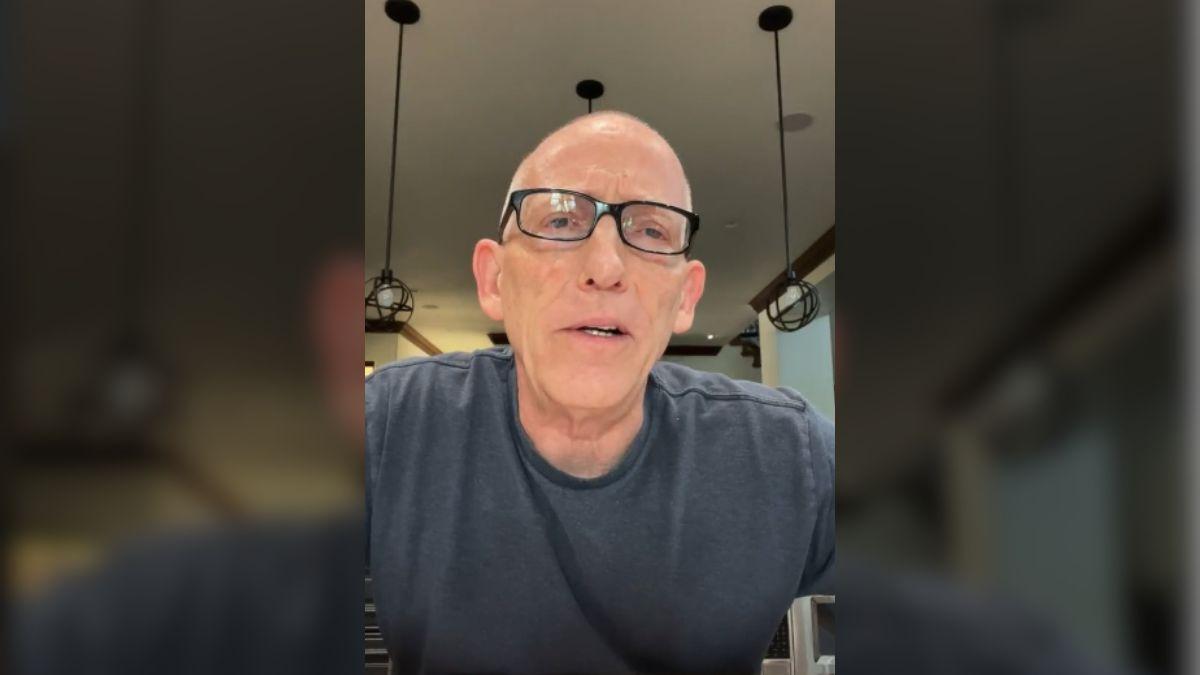Man Named in Supreme Court's Gay Wedding Website Ruling is Married to a Woman and Never Even Contacted the Web Designer: Report
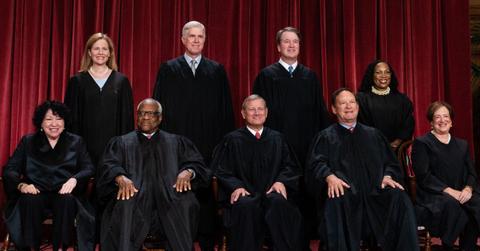
July 2 2023, Published 12:00 p.m. ET
The Colorado web designer who the U.S. Supreme Court ruled Friday could refuse to make wedding websites for gay couples cited a request from a "flabbergasted" straight man who says he never even asked to work with her, RadarOnline.com has learned.
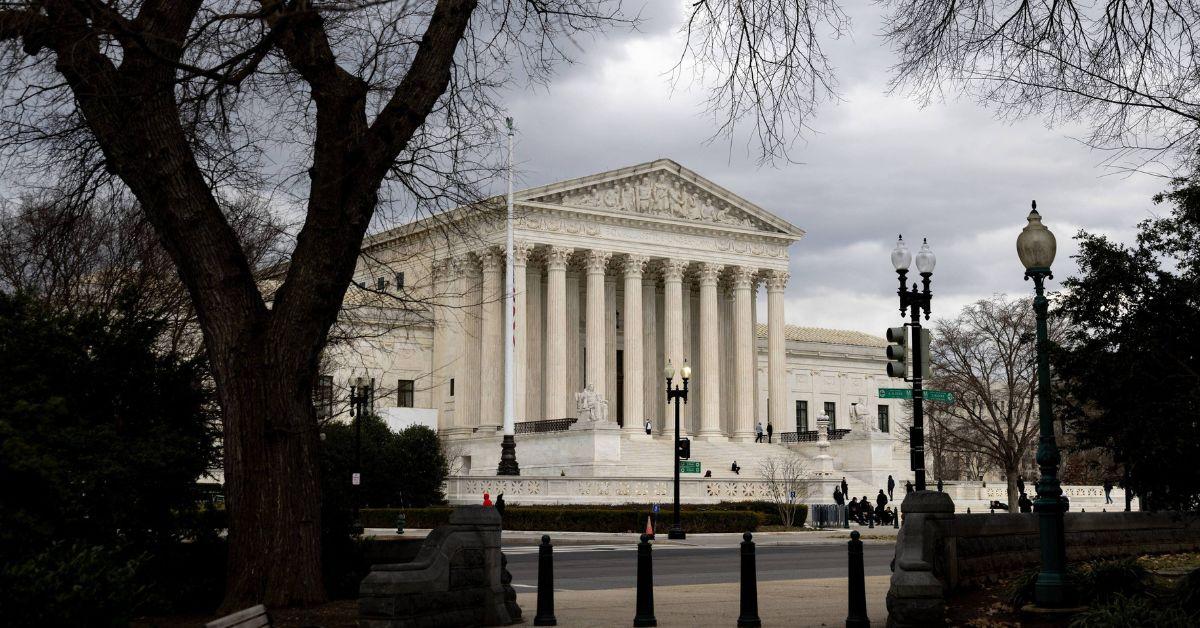
The U.S. Supreme Court recently handed down a ruling in a case involving a Christian graphic artist who refused to design wedding websites for same-sex couples. The court ruled 6-to-3 in favor of the artist, Lorie Smith, who argued that her actions were protected under the First Amendment's right to freedom of speech.
The case began in 2016 when Smith filed a lawsuit against the state of Colorado, claiming that the state's anti-discrimination law violated her rights.
The request, from an individual identified as "Stewart," was not the basis for the federal lawsuit Smith filed preemptively seven years ago before she started creating wedding websites. However, her lawyers brought it up as the case progressed when attorneys representing the state of Colorado questioned the grounds for Smith's lawsuit.
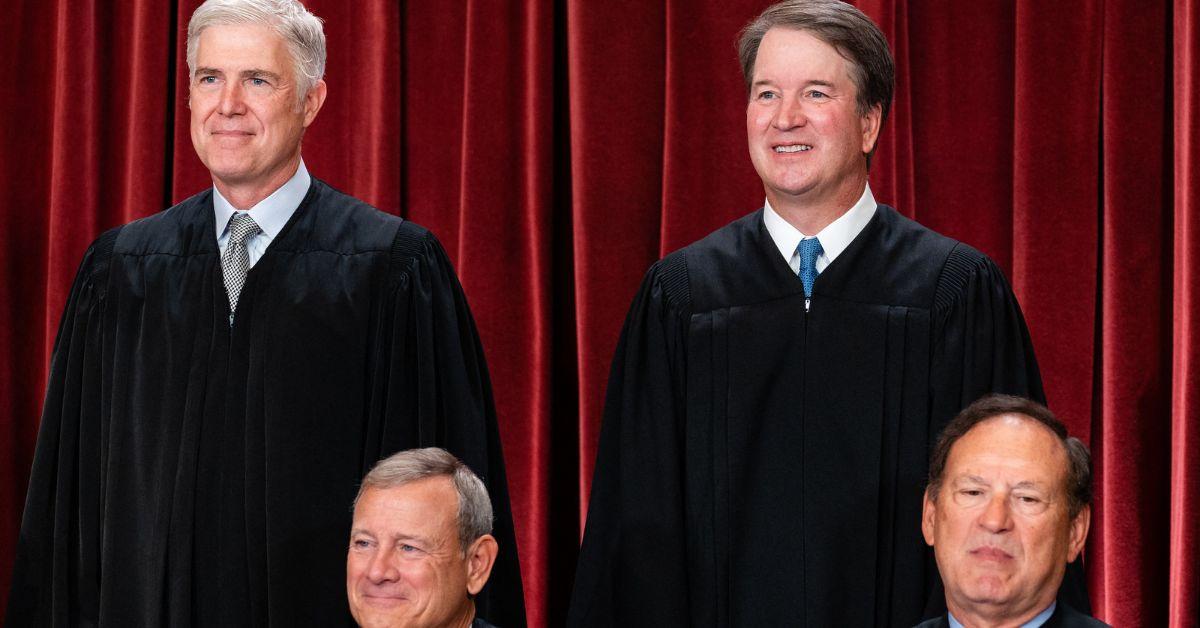
Stewart, who wishes to remain anonymous, claimed to have never contacted Smith and was not involved in any same-sex wedding. Stewart, who is married to a woman and is a web designer himself, expressed frustration and disbelief that his name was being used in this manner.
He told the Washington Post, "I've been active and vocal on LGBTQ rights, so it was frustrating to see my name being used." Stewart also questioned the due diligence of Smith's lawyers in verifying the authenticity of the request.
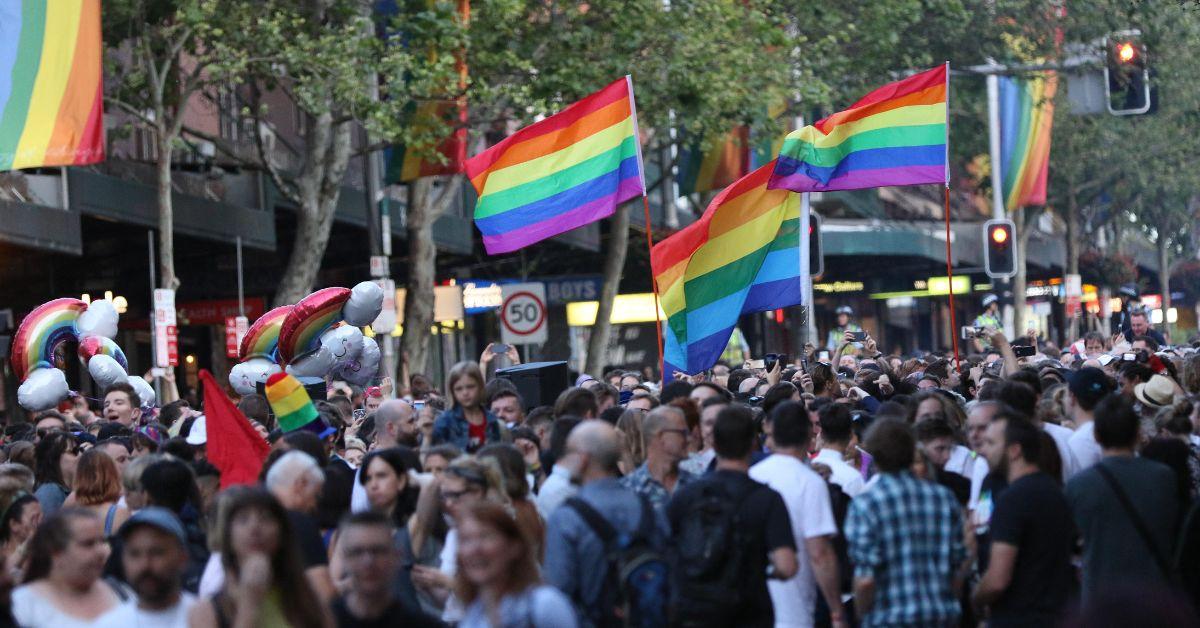
The Supreme Court's ruling, written by Justice Neil M. Gorsuch, found that Colorado could not compel Smith to design websites that conveyed messages inconsistent with her religious beliefs. The majority opinion emphasized that Smith's designs were considered as speech and were protected under the First Amendment.
The dissenting opinion, written by Justice Sonia Sotomayor, criticized the court's decision as denying protection for LGBTQ+ people. "The opinion of the court is, quite literally, a notice that reads: 'Some services may be denied to same-sex couples.'"
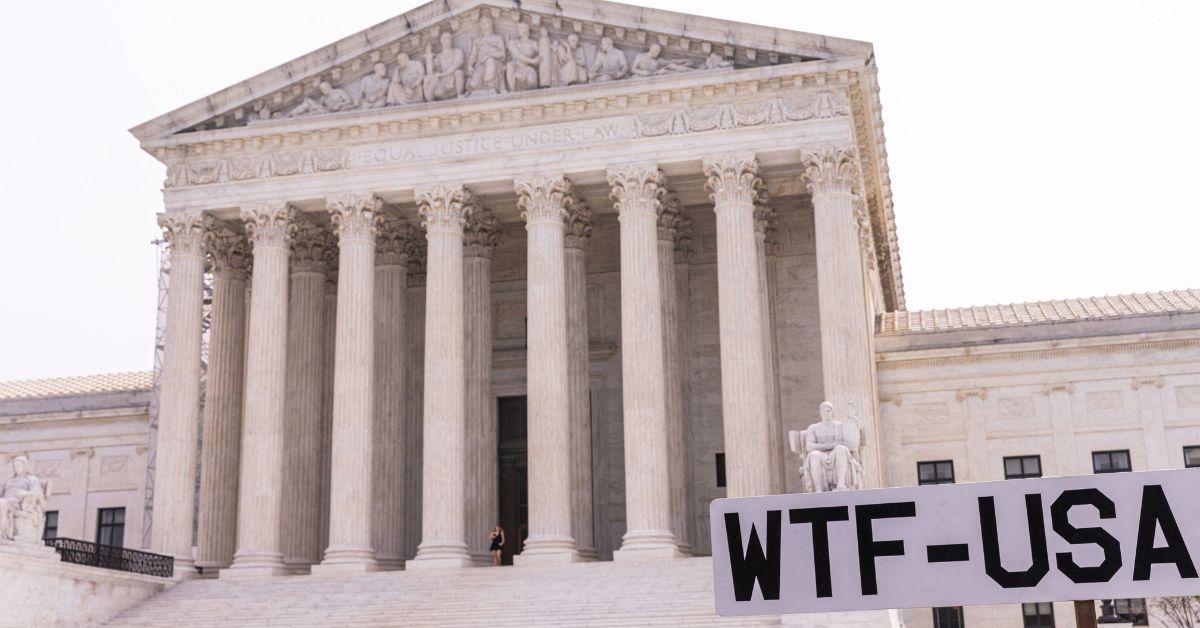
Colorado Attorney General Phil Weiser called the case a "made-up case" and criticized the Supreme Court's decision, stating that it was a radical departure from previous precedent. Weiser argued that the decision failed to uphold the principle of "Equal Justice for All."
The conservative legal organization Alliance Defending Freedom, which represented Smith, defended her position and argued that even if the request from Stewart was not legitimate, it did not negate the need to challenge an unjust law.
Powered by RedCircle

Being unwittingly dragged into this case has been a surreal experience for Stewart.
He noted the irony that when the alleged request was made in September 2016, he worked with the social media team for Hillary Clinton's presidential campaign. Stewart remarked, "It would be comical if the stakes weren't so high."
Never miss a story — sign up for the RadarOnline.com newsletter to get your daily dose of dope. Daily. Breaking. Celebrity news. All free.

